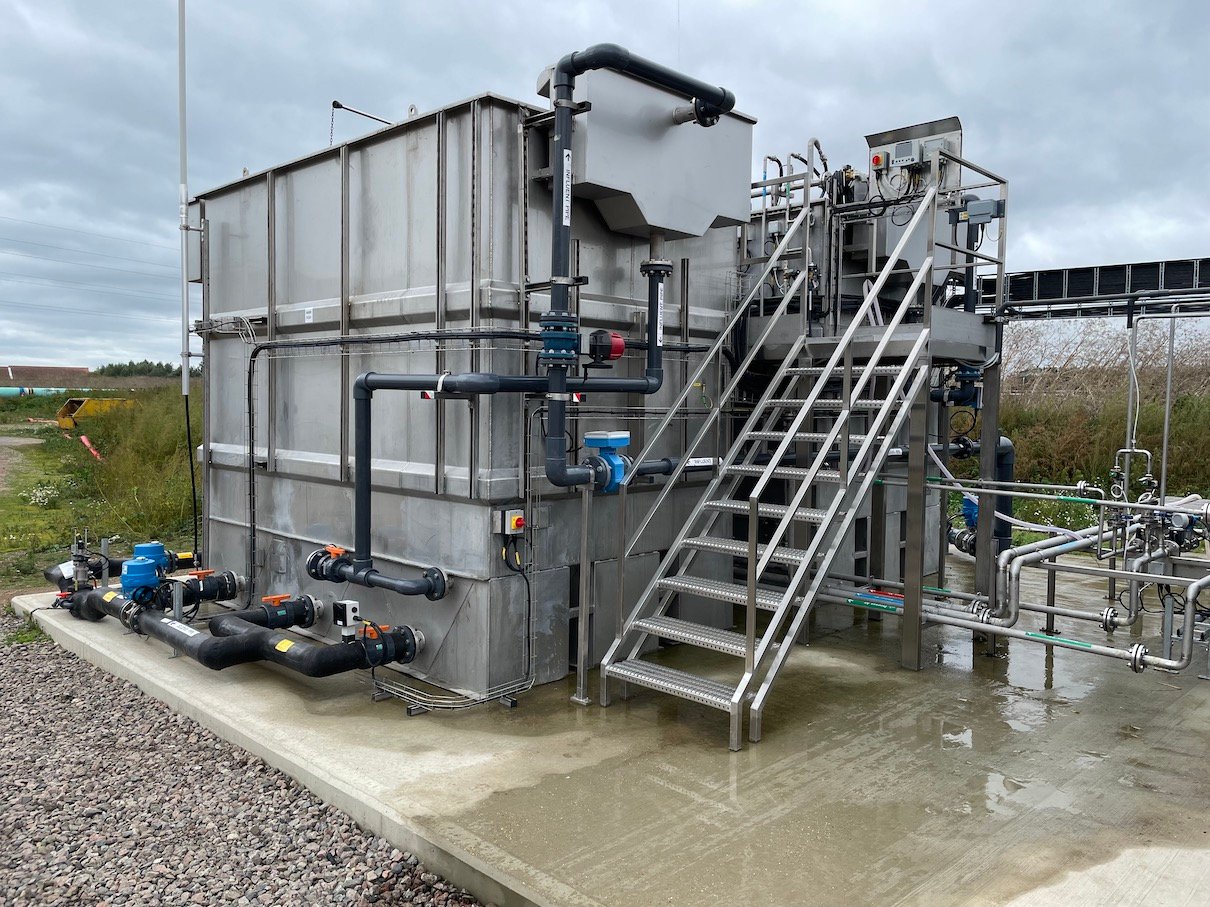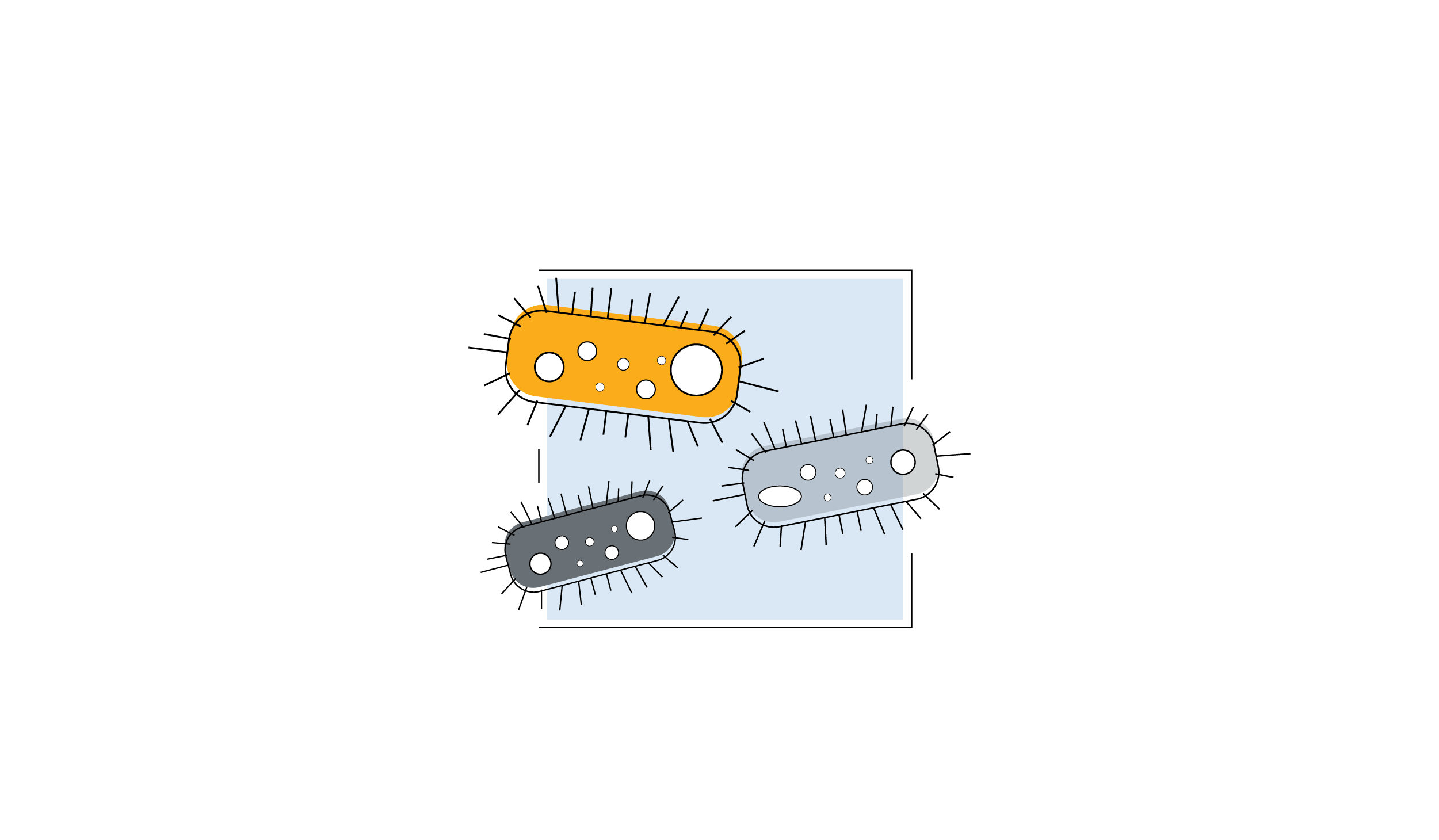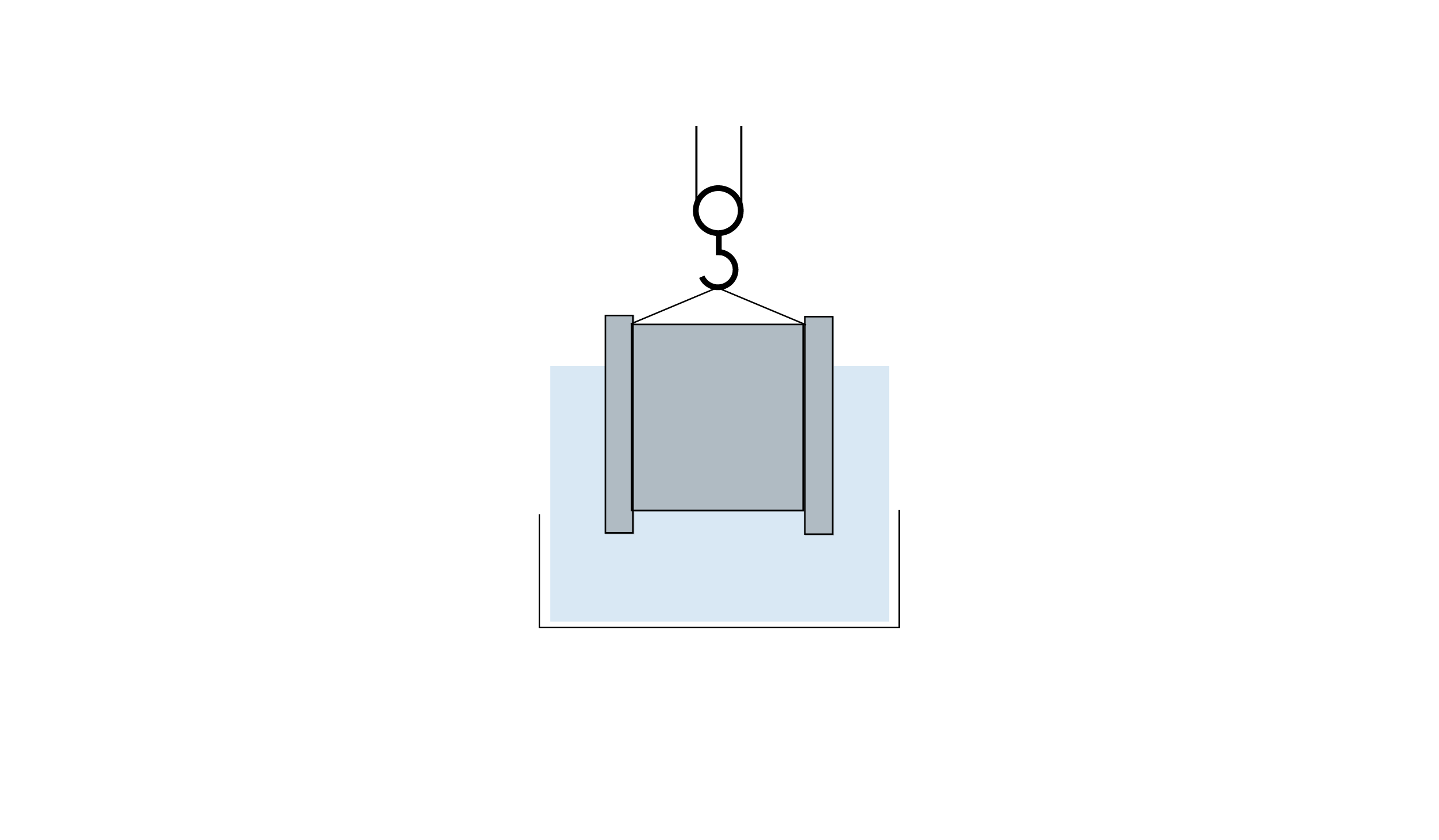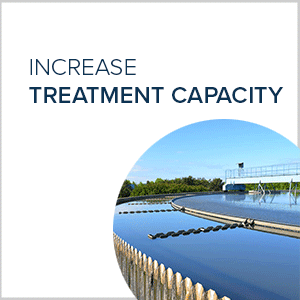Europe's cleanest beaches
Sun, Sea, Sand and Pollution
As the summer months approach and you get ready to book your next holiday. Your thoughts may be filled with dreams of embracing the sun, sea and sand, but do you ever consider the quality of the water and the beaches in your preferred destination.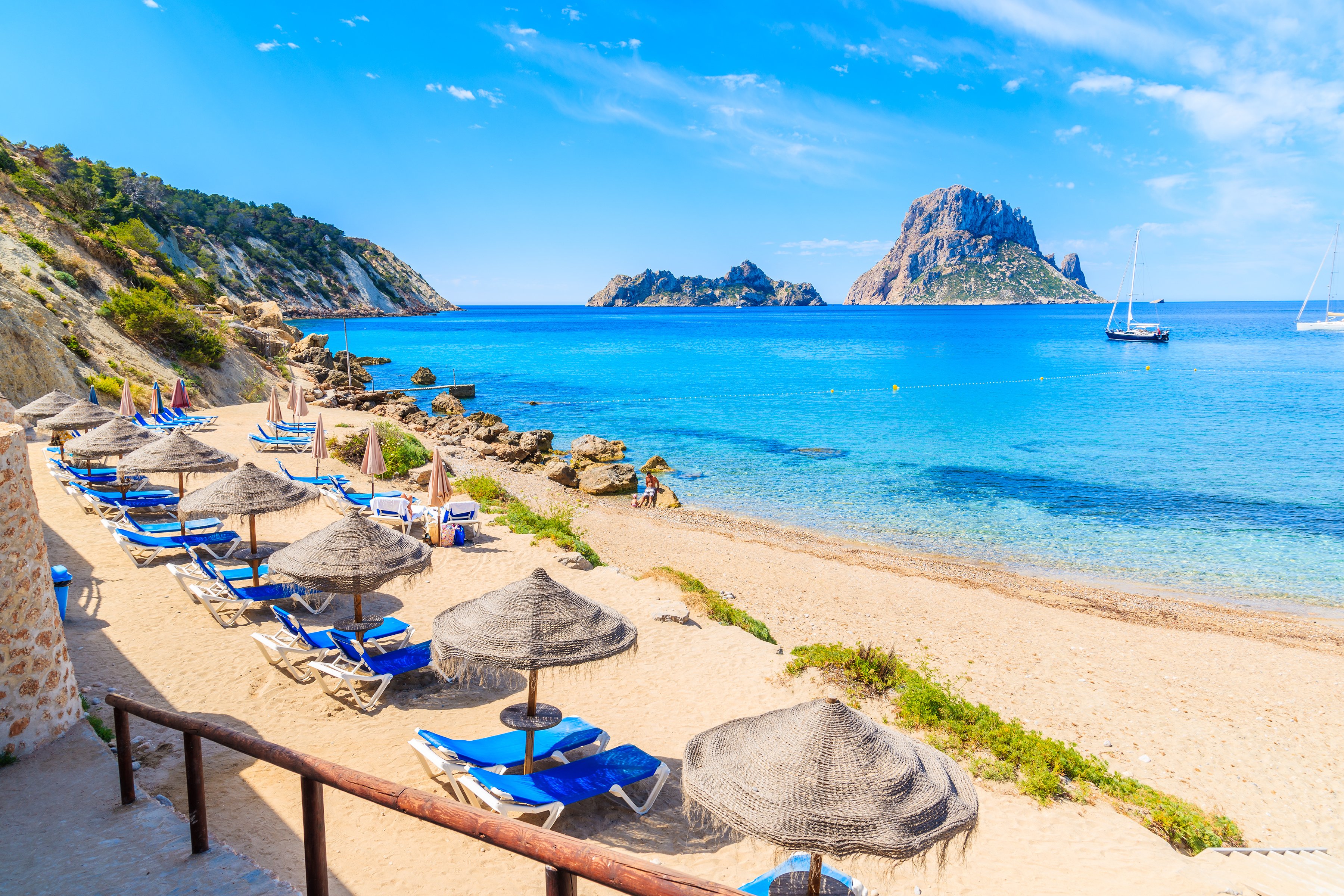
Bathing waters and beaches can become polluted from variety of sources both natural and man-made which can influence the quality of the water. The main sources of pollution which affect the waters are:
- Plastic
According to the European Commission plastic accounts for up to 80% of marine litter. Single use plastic items are becoming a real problem accounting for over 40% of this . In May 2018 The European Commission proposed new rules to target the 10 single-use plastic products most often found on Europe's beaches and seas. For more information on this please click here -
Stormwater
When rain water flows over land or surfaces like paved streets, it picks up rubbish, chemicals and other pollutants. This polluted water flows directly into storm drains, rivers, lakes, streams and then the ocean. -
Treatment Plant Overflows
Wastewater plants can sometimes overflow and are unable to meet the required capacity, this can be due to system failures or seasonal variation in the load that needs to be treated. An example of this is a recent failure at one of the large processing tanks at Ringsend wastewater treatment plant in Dublin and this and caused a discharge of sewage sludge into the lower liffey estuary at Poolbeg. -
Litter
Any rubbish not recycled or properly thrown away can eventually reach our beaches when it is carried away by the rain. A more direct form of pollution is when people at the beach leave behind their rubbish, which can make its way to the water and dirty the beach . -
Vessel Discharges
Cruise ships and cargo ships dispose a large amount of waste at sea, these wastes including sewage, greywater, hazardous wastes. These wastes can create an environmental hazard and can not only damage our beaches but harm the wildlife.
The European Environmental agency provides the public with the information they need in order to make an informed choice when choosing where to visit.
The bathing waters in all European Union countries are monitored and assessed under The EU's Bathing Water Directive. Each year an annual report on the quality of bathing waters in the 28 EU Member States is released.
The implementation of the directive has led to a drastic reduction in untreated or partially treated wastewater ending up in the oceans and lakes. As a result, more bathing water sites are not only meeting the minimum quality standards but have also improved their quality to the highest standards.
During the bathing season each year, water samples are taken and analysed for bacteria, which can indicate the presence of pollution, usually originating in sewage, livestock waste etc. The results of the analysis are used to assess the quality of the bathing waters concerned and to provide information to the public on the quality of water.
In May 2018 the latest report was released which included the 2017 results. The results show that Luxembourg leads the with 100% of the assessed waters meeting excellent quality, Bulgaria is at the bottom of the table with 44% of waters in excellent quality.
In terms of most popular tourist destinations in Europe Italy, Spain and Portugal perform better than the EU average with France and UK falling below.
Latest results from The 2018 Bathing Quality Report
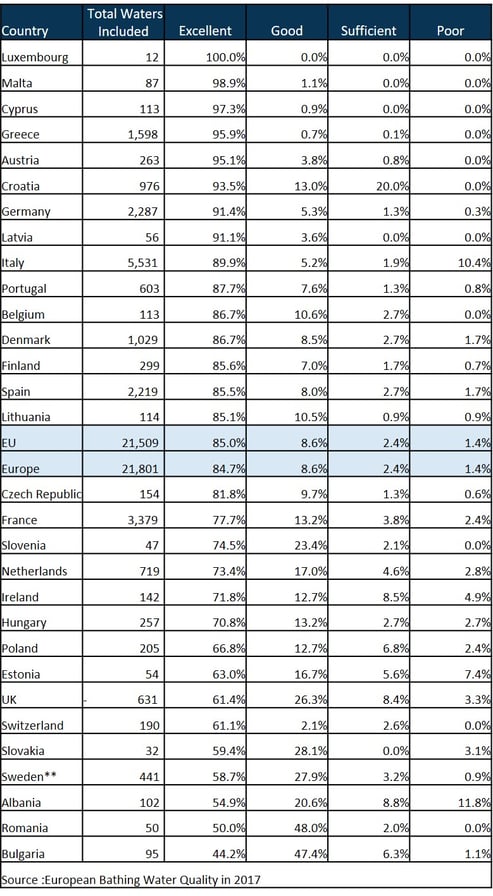
A full list of the results and country reports can be found online at: www.eea.europa.eu
If you want to learn more about a particular beach the European Environmental Agency have developed a interactive map that allows people to look up specific beaches and see the quality of the water. This is a really nice way of seeing the best beaches in your location of choice.
The European Environmental Agency Interactive map can be accessed here

